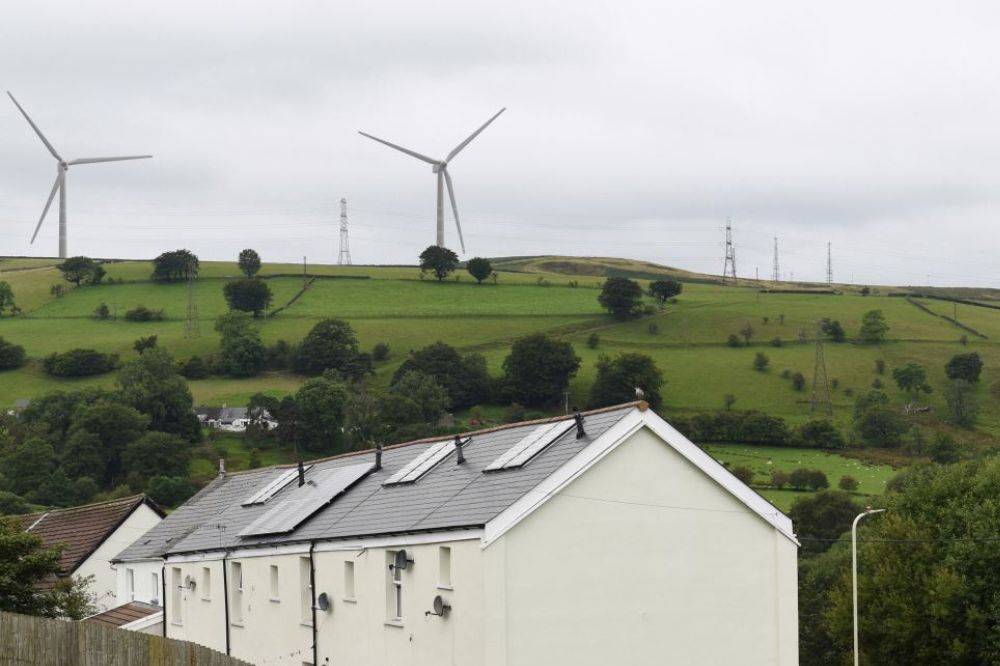Labour Government urged to support ‘true’ community ownership of renewable energy

A community energy group has called on ministers to ensure that community ownership is at the heart of the Labour government’s vision to make the UK a “clean energy superpower”.
Community Energy Wales (CEW) is the membership body for the community energy sector.
Headed up by Ben Ferguson and Leanne Wood, the group say that local energy trading and whole energy systems are essential for meeting numerous government policy objectives, including cutting bills, increasing energy resilience, strengthening community, promoting understanding of energy systems and behaviour change as well as providing a sustainable business model for the growth of community energy sector.
Community ownership
Ben Ferguson and Leanne Wood, Co-executive Directors of Community Energy Wales said: “We welcome the promise to offer communities discounts on their energy bills through the redistribution of energy profits.
“However, we contend that the best way to achieve a sustainable future for our communities is to provide for viable business models that enable small scale generators to operate, keeping the ownership of energy assets in community hands.
“To reach net zero justly, we must find ways to lock in the financial and other benefits to communities and those struggling the most within those communities. With a new system of local energy trading, combined with placing community ownership at the heart of new energy projects, all of this can be achieved.
“If people can see and support the benefits of locally traded and community owned energy, then general support for the bigger green energy projects becomes more likely.”

Tangible impact
CEW members Awel Aman Tawe, have used the profits from their local wind farm to purchase the old school building in Cwmgors that had shut in 2015, developing it into a low-carbon hub with office spaces, a cafe and arts spaces.
This has helped to build support for all renewable energy developments in the area.
Labour’s manifesto invited communities “to come forward with projects” and committed to working “with local leaders and devolved governments to ensure local people benefit directly from this energy production”. Community Energy Wales say that the community energy sector is best placed to lead on this work.
They argue that there is a strong willingness to set up new projects in our communities and we hope the new UK government will be willing to tackle the barriers that stand in their way.

In total, the new UK government’s plan aims to “build over a thousand local power projects” in Wales alone, and to upgrade our cold and draughty homes.
Leanne and Ben added: “To achieve its plan, it’s vital that the UK government engages with the community sector, so that the community can be at the heart of these new projects.
“We want to work together with governments at all levels to ensure that the general landscape and individual projects are financially sustainable and can contribute to the building of circular economies.
“Community Energy Wales looks forward to working with the new UK Government as it rolls out this potentially exciting new era for renewable energy in the UK.”
Support our Nation today
For the price of a cup of coffee a month you can help us create an independent, not-for-profit, national news service for the people of Wales, by the people of Wales.






